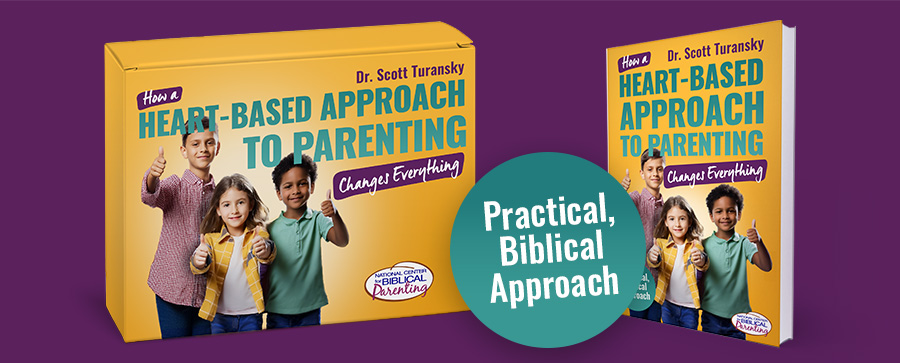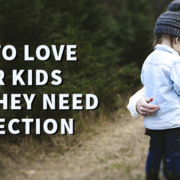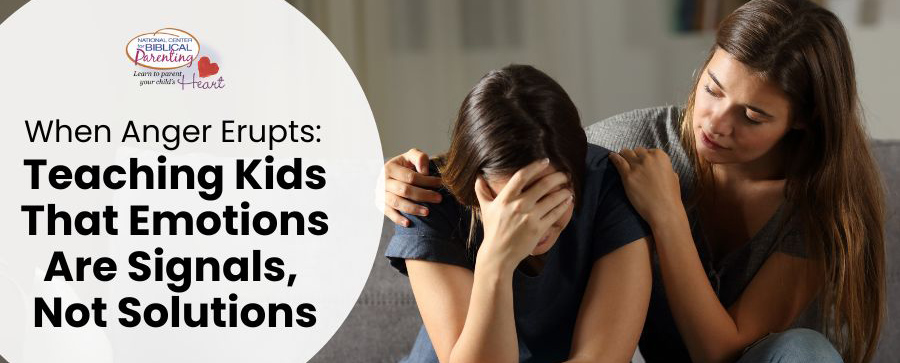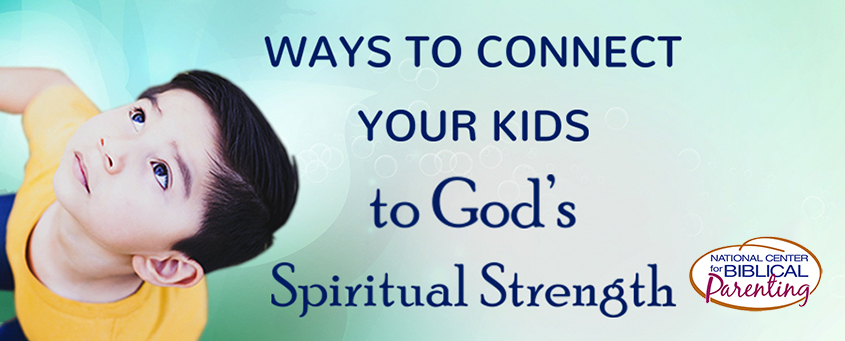When Emotions Spiral: How to Help Your Child Escape Cyclonic Thinking

Picture this: Your child bursts into tears because a sibling got a bigger piece of dessert. Or your teen slams a door so hard it rattles the windows because they lost a video game. The words “That’s not fair!” ring through the house. You feel your blood pressure rising, and a familiar question pounds in your mind: Why is my child so emotional—and how do I help them calm down?
If you’ve ever felt helpless watching your child spiral into an emotional meltdown, you’re not alone. As parents, we sometimes mistake these moments for isolated “bad behavior.” But what’s happening inside our child is deeper than defiance or moodiness. It’s what I call cyclonic thinking.
Cyclonic thinking happens when a child’s emotions begin to swirl out of control, gaining speed and power, like a storm gathering force over warm ocean waters. It starts small—an annoyance, a moment of disappointment, a minor frustration. But soon, one thought feeds another, spinning faster and faster until the child feels trapped in a whirlwind of anger, anxiety, or despair.
One dad recently described his 14-year-old son, Ryan, who smashed his gaming controller after losing a level. He said, “It’s like my son’s brain short-circuits. He goes from zero to sixty in a split second.” And that’s precisely what cyclonic thinking does. It hijacks a child’s ability to reason, regulate, and recover.
Emotions are in the Heart Required a Specialized Approach
If you’ve watched this happen in your child, you know how exhausting—and heartbreaking—it can be.
Many parents try to shut down the storm by saying things like:
“Calm down!”
“Stop crying!”
“Why are you making such a big deal out of this?”
But these responses often pour fuel on the fire. Because in that emotional cyclone, your child doesn’t just feel the original emotion—they feel misunderstood, unheard, and alone.
So how can you help your child step out of the cyclone? Let me share one idea that’s both powerful and practical: Build Pillars Inside Your Child’s Heart.
Think of cyclonic thinking like a swirling tornado inside the heart. The thoughts and emotions spin so fast that your child can’t grab onto anything stable. The key is to build inner “pillars”—strong truths and habits—that slow the storm and bring your child back to calm.
One powerful pillar is self-talk rooted in truth.
Consider the common storm of “That’s not fair!” Maybe your child is upset because a sibling got a longer turn with the tablet. The cyclone begins: “It’s not fair. Nobody likes me. I never get anything good. This is the worst day ever.”
The problem isn’t just the situation—it’s the beliefs swirling in your child’s heart. Left unchecked, those thoughts gather momentum, feeding the storm.
A pillar here might be teaching your child a simple phrase: “Fair doesn’t mean equal; it means everyone is treated uniquely.”
This truth, repeated often and lovingly, becomes an anchor your child can grab when the cyclone hits. It’s a script they can pull out when emotions threaten to spin out of control.
For example, you could say:
“I understand you’re upset that your sister got a longer turn. It feels unfair. But remember, fair doesn’t always mean equal. Today she needed extra time because she’s working on her project. You’ll get your turn later.”
This pillar helps your child separate emotion from reality. Instead of getting swept into the cyclone, they begin to step out of it.
Another Pillar is Gratitude.
Gratitude is like a sandbag that stabilizes the storm. When your child’s thinking begins to spiral, gratitude can pull them out of tunnel vision. Instead of focusing on what’s wrong, they start to see what’s right.
A simple exercise:
“Tell me three things you’re thankful for right now.”
At first, your child might resist. They’ll say, “Nothing!” But don’t give up. Gently prompt them: “Are you thankful for your cozy bed? For pancakes this morning? For the cat curled up on your lap?”
As gratitude surfaces, the cyclone slows. The mind can’t stay locked on frustration and be thankful at the same time. Gratitude trains the heart to shift perspective—a skill that will serve your child for life.
And Let’s not Forget the Pillar of Self-Control
Self-control is the gatekeeper that stands at the edge of the cyclone. It’s the voice that says: “I’m feeling angry, but I’m not going to scream. I’m feeling disappointed, but I won’t stomp away. I’m anxious, but I’m going to breathe.”
Proverbs 25:28 reminds us, “Like a city whose walls are broken through is a person who lacks self-control.” It’s a life skill that will serve children well for the rest of their lives.
Building self-control isn’t about punishment—it’s about training. Just as a coach helps athletes build muscle memory, parents can help kids practice calming techniques before the cyclone hits.
Try this: When your child is calm, practice “Pause-Breathe-Think.”
“Let’s pretend you’re upset because you have to turn off the TV. Instead of yelling, you pause. Take two slow breaths. Then think of something else you could do to feel better. Let’s practice it together.”
Role-play doesn’t feel urgent like a real storm. It’s safe. It’s practice. And each time you rehearse, your child strengthens those inner pillars.
Ultimately, our goal isn’t to eliminate emotions. Emotions are God-given signals—they alert us to danger, injustice, or even joy. But children need help learning how to respond wisely to those signals, so they don’t get swept away.
When you help your child build inner pillars—truth, gratitude, self-control—you’re doing more than stopping tantrums. You’re raising a young person who can navigate life’s storms with resilience, faith, and hope.
So next time you see your child start to spiral, remember: it’s not just about behavior. It’s about the cyclone swirling inside their heart. And you have the privilege—and the tools—to help them calm the storm. Want to discover more heart-based strategies for taming emotional outbursts? Visit https://biblicalparenting.org/how-a-heart-based-approach-works/ and take the next step toward transforming your family’s emotional climate.











Leave a Reply
Want to join the discussion?Feel free to contribute!